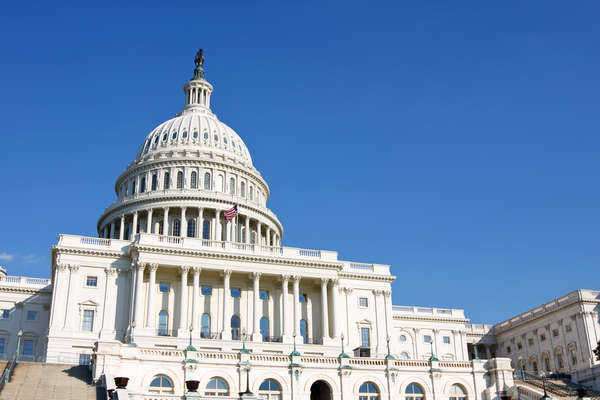What are Pay to Play Politics?
Pay to Play politics refers to a type of system in which the dominant idea is quid pro quo, or paying something in exchange for something else. Specifically, Pay to Play politics involve a system under which a payer must engage in political fundraising by making a campaign contribution to a specific group in order to obtain certain clear benefits, such as no-bid Government contracts. Policies of the Pay to Play variety have come under a great deal of criticism, not least because they are dangerously close to the practice of bribery.

Of course, often Pay to Play is used to refer to systems which are not necessarily quite as blatant as quid pro quo would sound. Pay to Play can refer simply to the political fundraising system, under which candidates are believed to require a certain amount of money in their campaigns simply to be able to ably compete. In this case, the Pay to Play system is not something concrete, but is simply a reference to a matter of practicality, in which all candidates must go through a great deal of political fundraising in order to actually have a chance at winning the political race.
The Pay to Play system here is also considered problematic because of the nature of political spending and how it seems to be on the road to greater and greater importance in the political fundraising system. When one candidate can win an election simply by virtue of outspending his or her opponent, it has subverted the entire political campaign system of America, which should, theoretically, be based on merit and popular approval, not on political fundraising.
Congress has taken action to attempt to limit Pay to Play politics, including the addition of measures which would prevent anyone with State contracts above a certain annual value from contributing funds to the Government official who gave out those contracts. In general, Congress has attempted to make transparent some of the transactions which enabled Pay to Play politics, such that they could be successfully stopped in the future. By ensuring that the Government and public are well aware of any campaign contributions being made, then Congress makes itself much better able to regulate Pay to Play politics and prevent any bribery buried therein.
The most famous recent instance of Pay to Play politics came from Illinois, with Governor Rod Blagojevich. Blagojevich attempted to sell the U.S. Senate seat left open when Barack Obama became the President-elect. In this instance, there was no difference between the Pay to Play nature of the incident and the Federal crime of bribery.
Sometimes, Pay to Play is legitimized, as those who practice it specifically seek to keep it legally defensible, but in almost all cases Pay to Play has a very great similarity to bribery. In Blagojevich's case, there was no way to misconstrue that he was misusing his political power in order to obtain funds, which is a casebook definition of seeking a bribe.
Pay to Play politics are generally frowned upon by lawmakers and especially by Good Government advocates. The practice and its quid pro quo elements smack far too strongly of bribery, regardless of how much it is gauged in terms of mere campaign contributions. But because of the success of such policies in obtaining funds for perpetrating politicians, it is hard to believe that Pay to Play politics will vanish entirely any time soon.